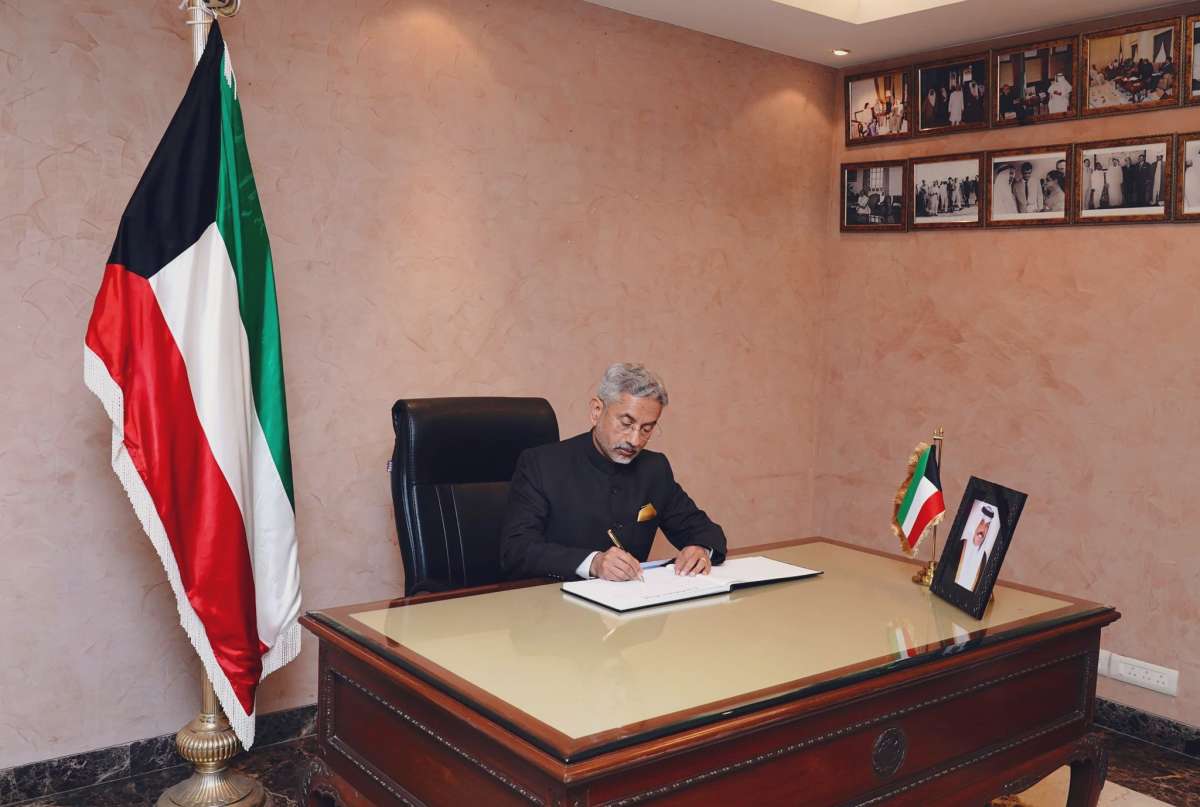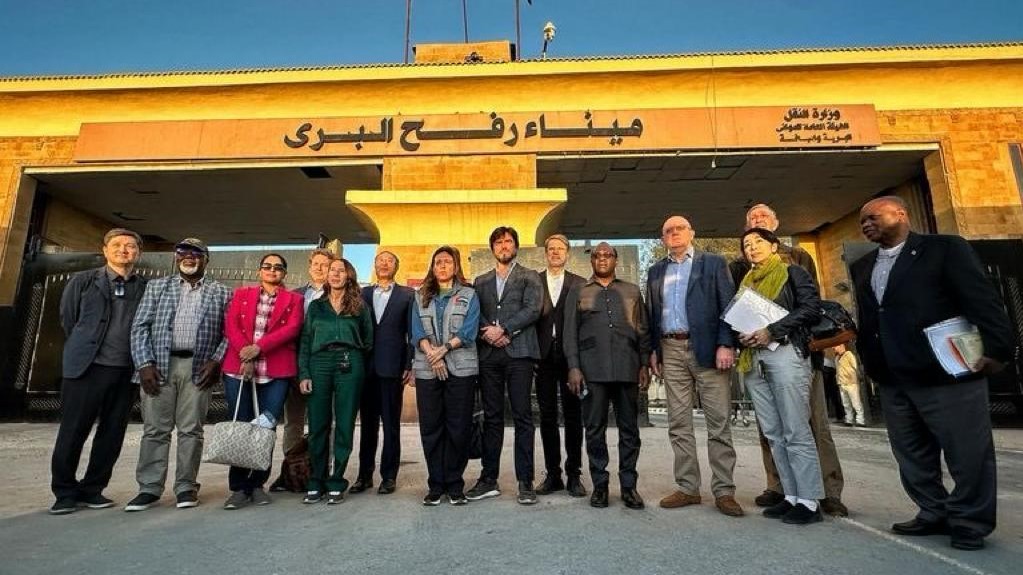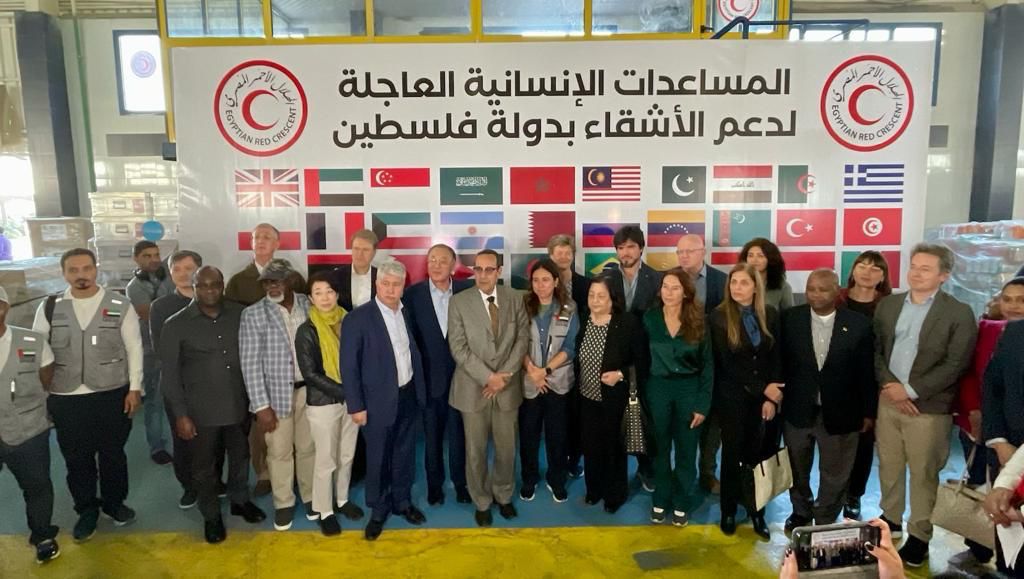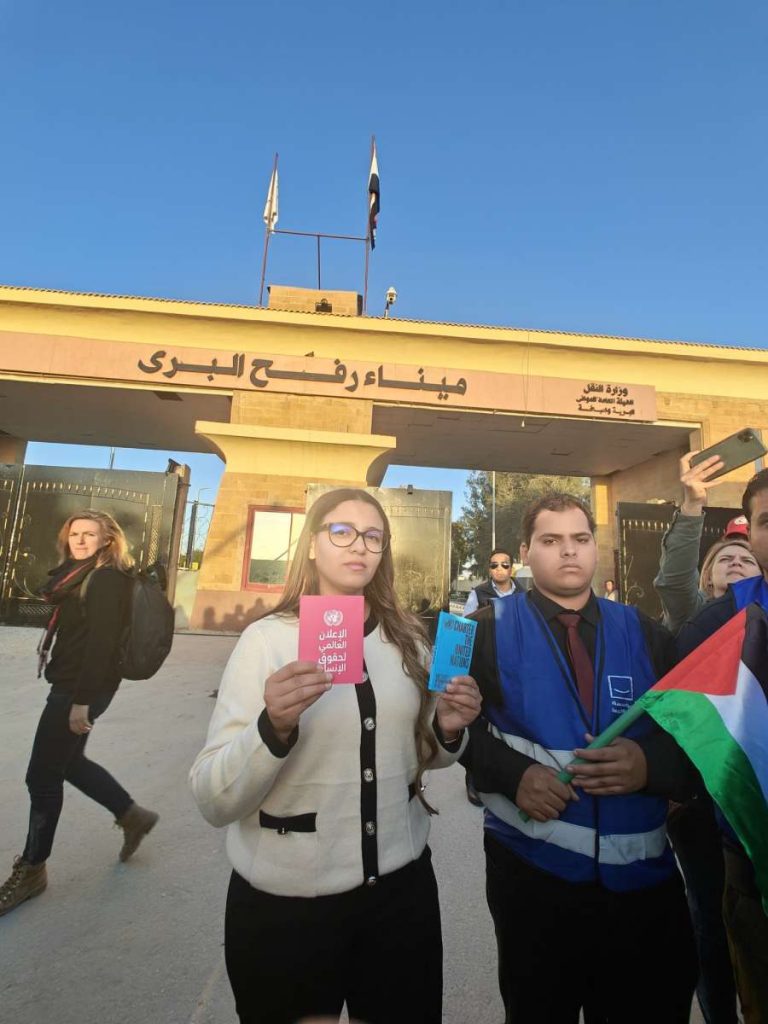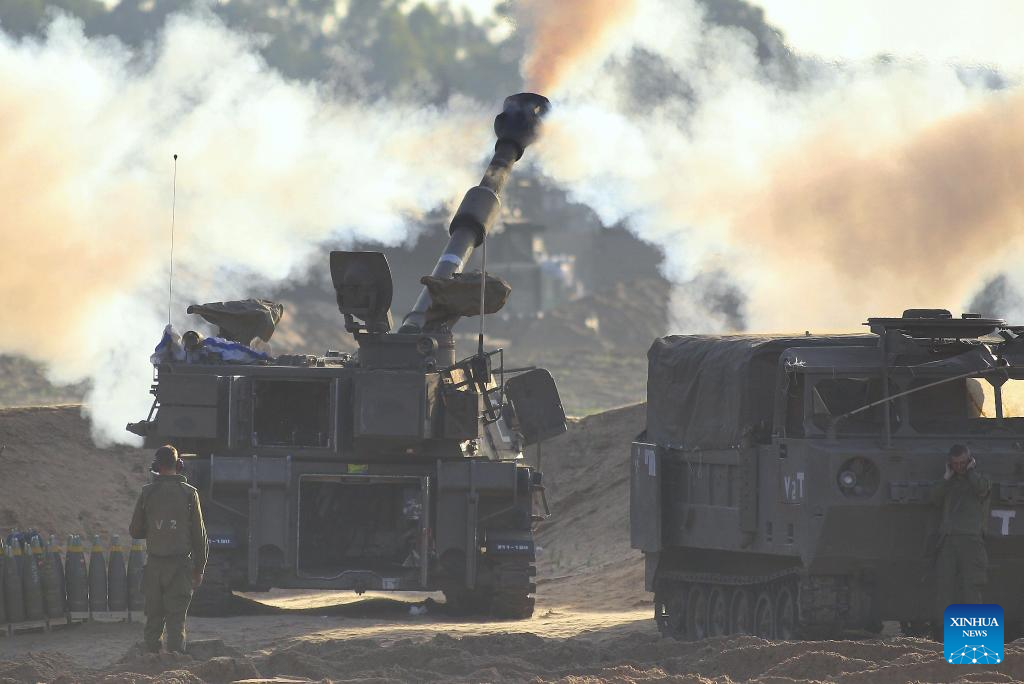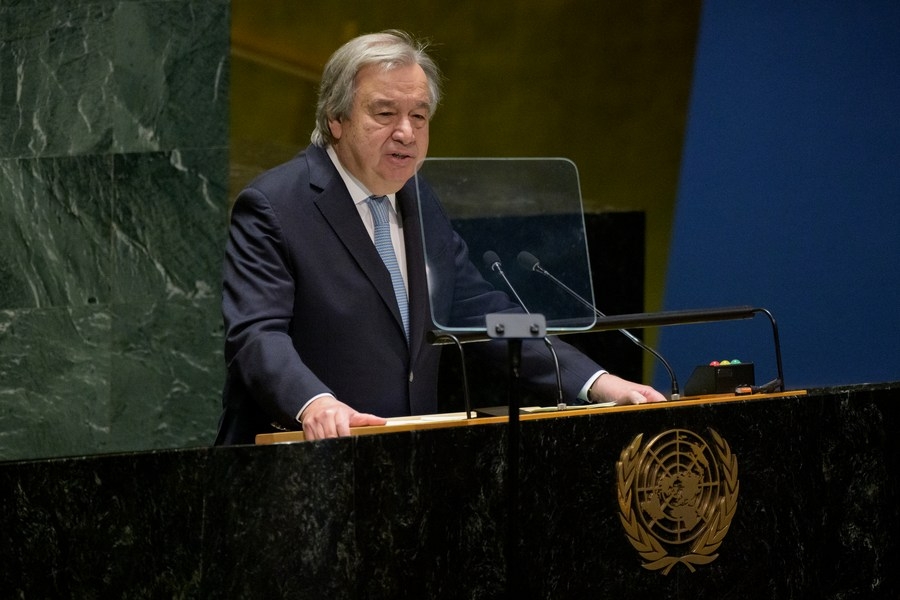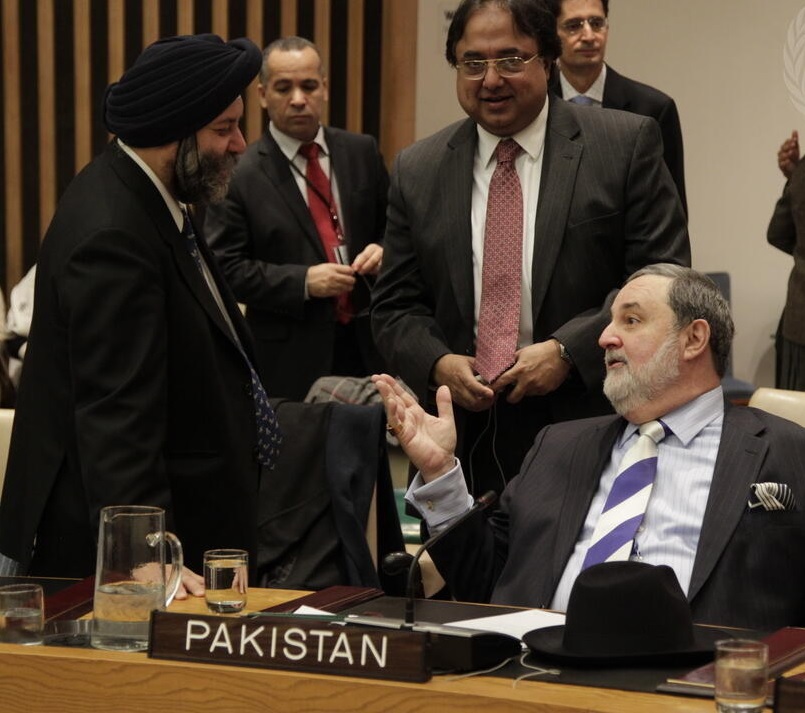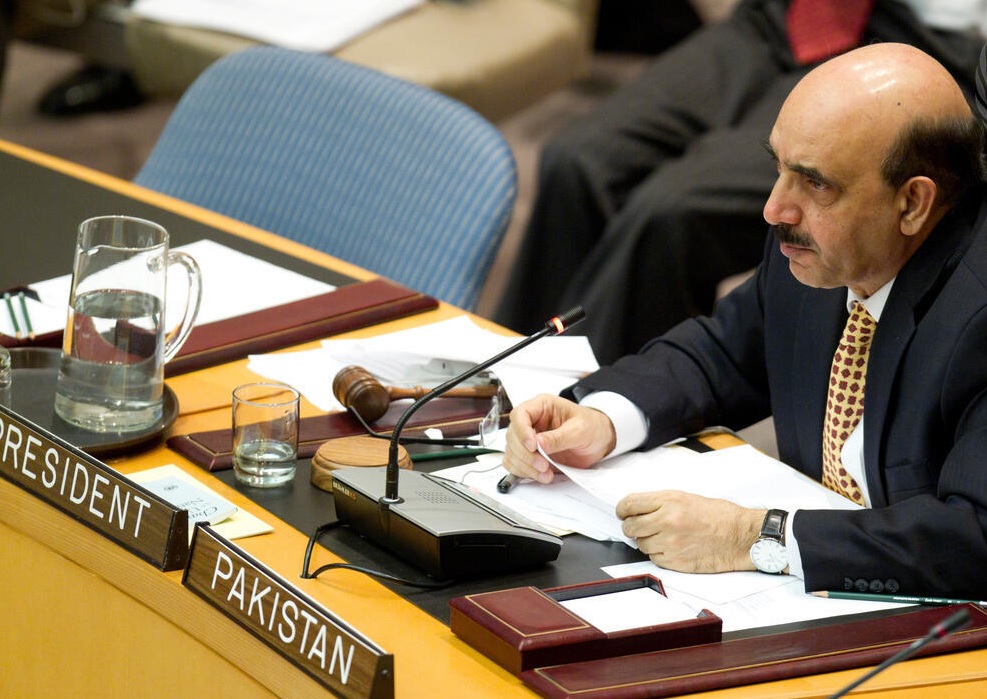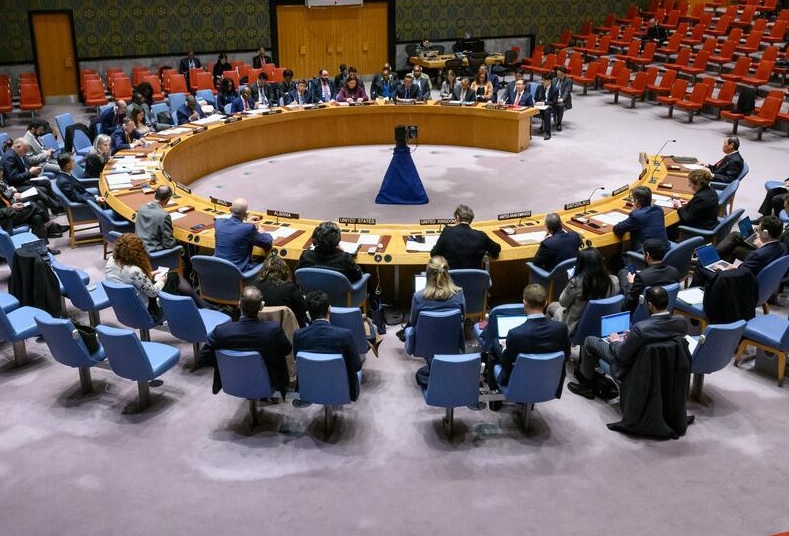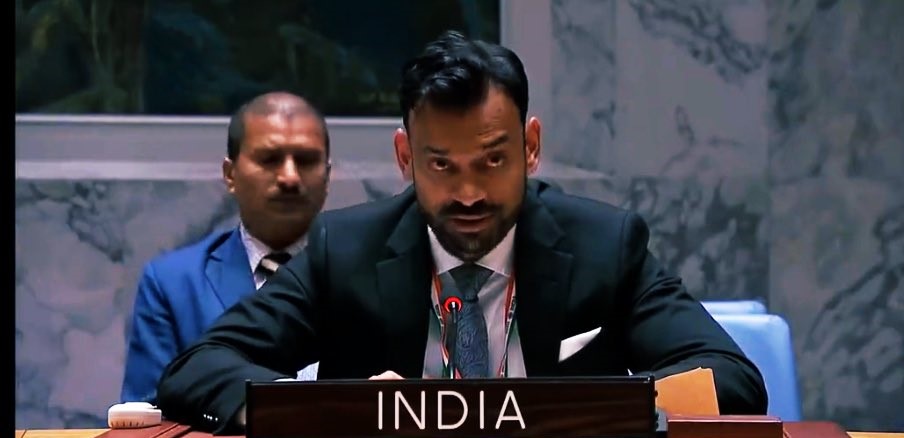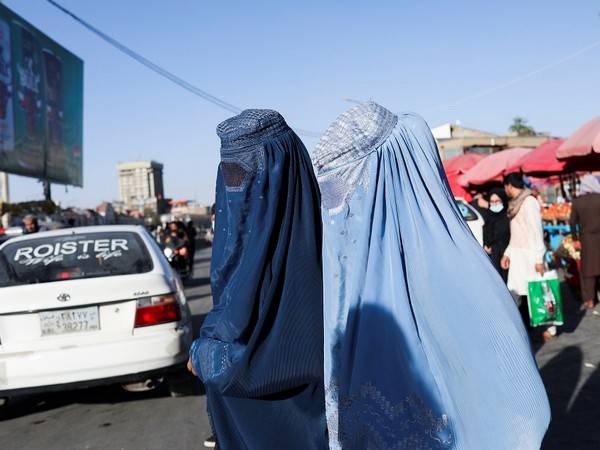In his address at an event in Bengaluru, Jaishankar said that the members of the “club” do not want their practices to be questioned…reports Asian Lite News
Taking a sharp dig at the United Nations Security Council, External Affairs Minister S Jaishankar said that it is like an “old club” where member nations are unwilling to admit new members as they perceive it as losing the grip.
In his address at the Rotary Institute 2023 event in Bengaluru on Sunday, Jaishankar said that the members of the “club” do not want their practices to be questioned.
“Security Council is like an old club, where there are set members who don’t want to let go of the grip. They want to keep control over the club. Not very keen to admit more members, not keen to have their practices questioned,” Jaishankar said.
Calling it a failure, the External Affairs Minister pointed out that with no reforms, the UN is getting less and less effective.
“In a way, it’s a human failing. But I think today it is harming the world. It is harming the world because, on key issues confronting the world, the UN is getting less and less effective,” Jaishankar said.
“And I can also tell you the global sentiment. I mean, today, if you ask 200 countries in the world, do you want reform or don’t you want reform? A very large number of countries would say, yes, we want reform…,” he said while emphasising that nations are urging for reforms efforts in the UN Security Council to deal with the prevailing challenges.
Earlier in September, External Affairs Minister S Jaishankar had said that the resistance of the United Nations to reform its structure, will eventually lead to the body being “anachronistic” and people will start finding solutions outside.
Jaishankar gave an “injudicious” reference of passengers sitting in a bus drawing a comparison with the permanent members of the UN Security Council.
“I somewhere injudiciously…described it like a passenger in a bus. A person sitting on the seat, will not vacate it for the next person. So there are these five guys sitting. Sometimes, you see such passengers, you see someone is tired, someone is carrying a baby, they will not get up and give up that seat,” he had said.
Notably, reforms in the global systems have been an issue continuously raised by India and Prime Minister Narendra Modi on the global stage.
During his concluding address at the G20 Leaders Summit here in the national capital, PM Modi reiterated his stance of making global systems in accordance with the “realities of the present” and took the example of the United Nations Security Council.
“When the UN was established, the world at that time was completely different from today. At that time there were 51 founding members in the UN. Today the number of countries included in the UN is around 200. Despite this, the permanent members in UNSC are still the same,” the Prime Minister had underlined.
Earlier, United Nations General Assembly (UNGA) President Dennis Francis has said there is need for a UN Security Council (UNSC) that is more balanced, more representative, more responsive, more democratic, and more transparent.
“As President of the General Assembly, I share the view that we need a Council that is more balanced, more representative, more responsive, more democratic, and more transparent,” Francis said while delivering his remarks at the ‘Perspectives on UN Security Council Reforms from Global South Think Tanks – The L-69 UN Security Council Reforms Event’.
He said conflicts are spreading across the globe. “The Security Council – whose primary responsibility is to maintain international peace and security – however, seems caught in a concerning state of paralysis,” he said.
He further said that the council with “the unsatisfactory discharge of its crucial mandate, is perceived as falling short of its mandate – consequently, compromising the credibility of the entire UN itself.”
The UNGA President said the UNSC’s continued inaction on matters that threaten international peace and security is damaging.
As per Francis, there is a need for new, innovative pathways for change.
“And in this regard, I welcome any innovative solutions emanating from exchanges such as these – to move forward the intergovernmental negotiations,” he said.
“While some of today’s challenges could not have been envisioned eight decades ago, the need for reform has been apparent for some time now. And, while the road to reform is a long and arduous one, I firmly believe a positive outcome is not only possible but achievable,” he added.
He further said that as the UNGA President, he is committed to facilitating dialogue among member states around this important topic.
“And I take this opportunity to urge member states to overcome entrenched positions and to move towards substantive progress – through genuine and good faith dialogue. Our objective must be to find and/or create ways to move beyond a perpetual stalemate,” he said.
“While it is ultimately up to Member States to find agreement, it is important that we hear the voices of the diverse stakeholders, including those here with us today,” Francis added. (ANI)
ALSO READ-US, Canada issues not same, says Jaishankar on pro-Khalistani issue

